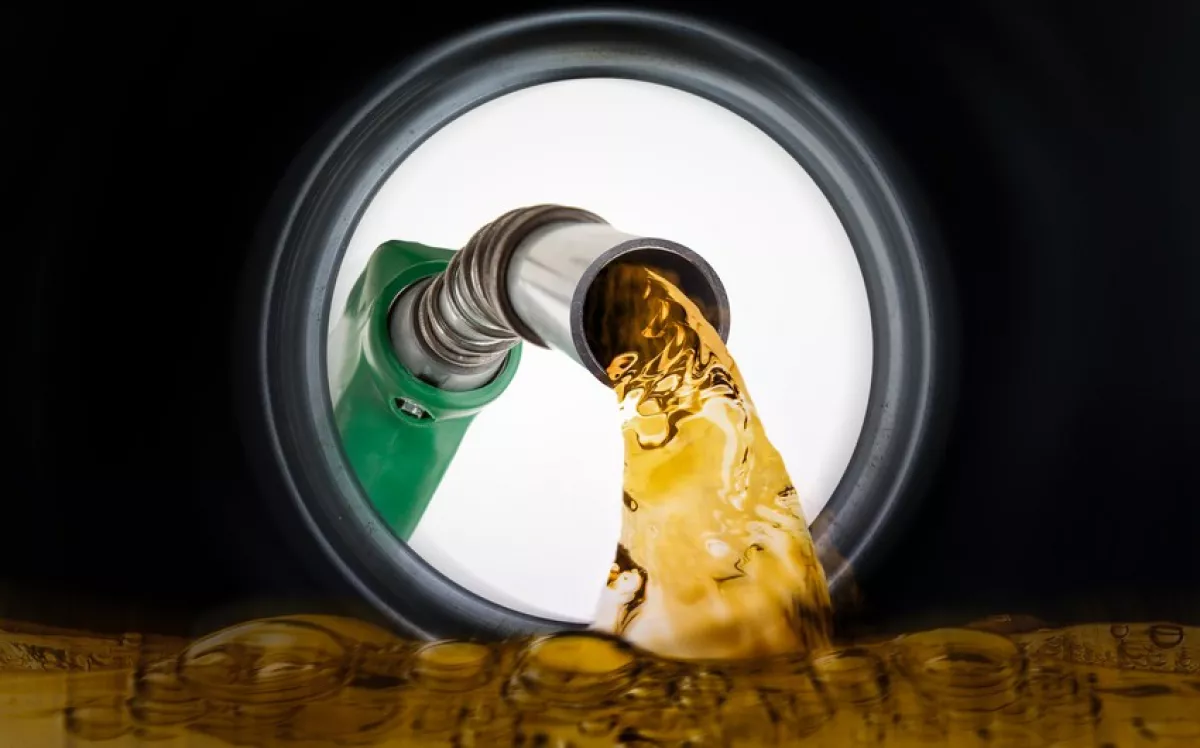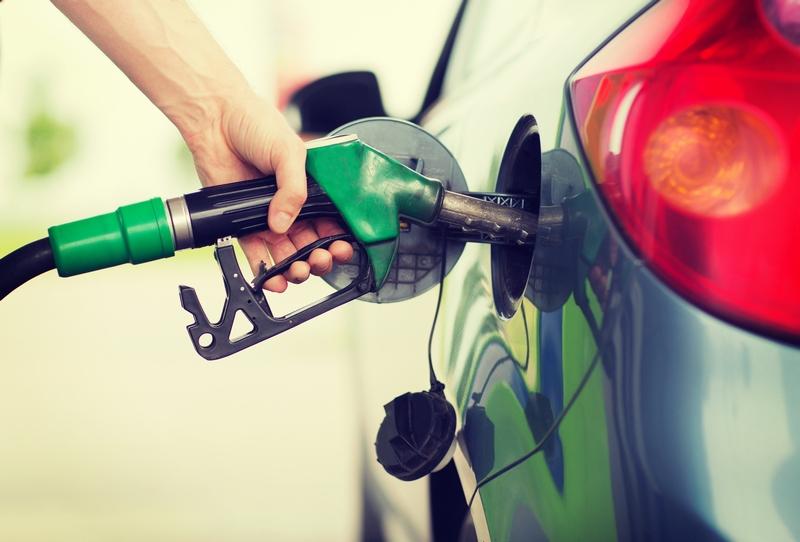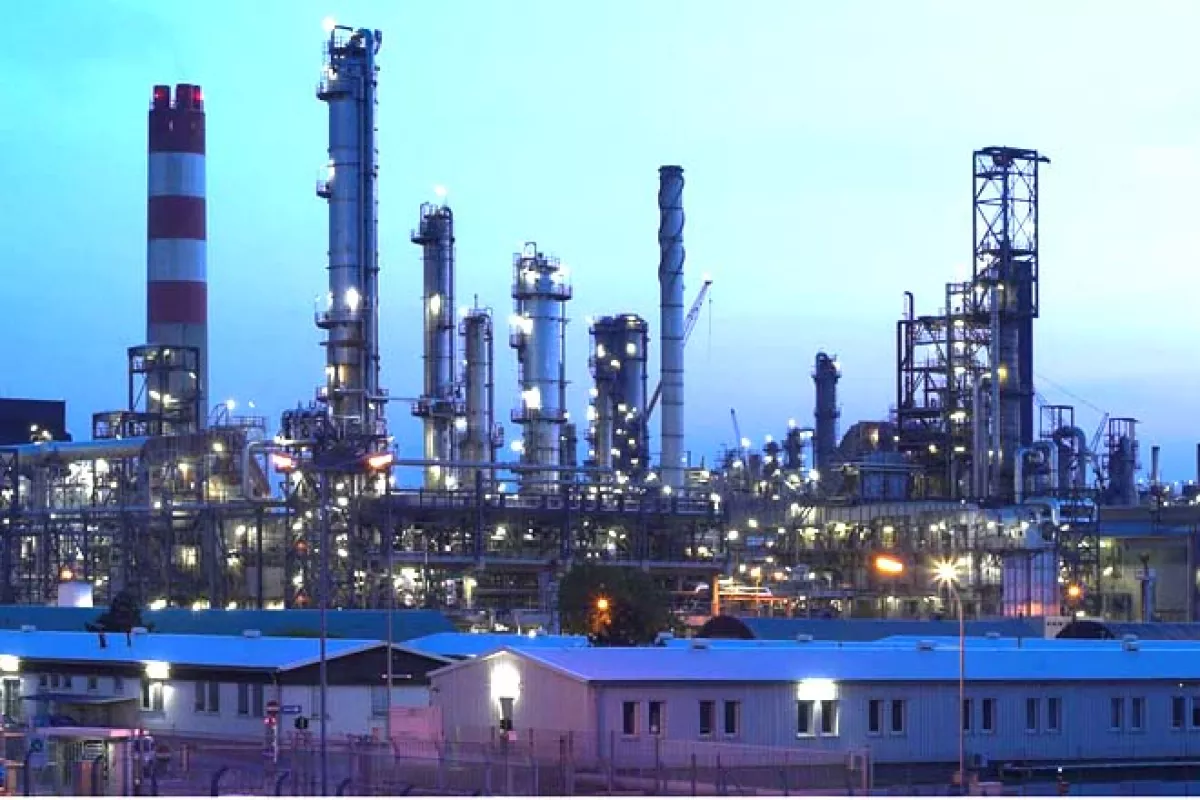Azerbaijan advances Euro-5 fuel production with Baku refinery modernization Meeting environmental targets
In recent years, the large-scale project for the modernization and reconstruction of the Heydar Aliyev Baku Oil Refinery has significantly strengthened the position of domestic fuel production in Azerbaijan. Today, Azerbaijan produces diesel fuel and two types of "Euro-5" gasoline, with plans to expand export supplies in the near future.
Currently, due to scheduled maintenance, fuel production at the Baku Oil Refinery has been temporarily halted, and the necessary volumes are being replenished through imports. During discussions held recently in the Azerbaijani Milli Majlis (National Assembly) regarding amendments to the law on "Rational Use of Energy Resources and Energy Efficiency," it was noted that the Cabinet of Ministers will soon include AI-95 gasoline in the list of products sold at regulated prices.
In recent years, Azerbaijan has accelerated its efforts to meet climate commitments outlined in the Paris Agreement on limiting global warming, as well as other global conventions aimed at reducing harmful emissions into the atmosphere. Guided by the United Nations principles on environmental protection and aiming to reduce the negative impact of vehicle emissions on public health, the country has completed a significant portion of the modernization work at the Heydar Aliyev Baku Oil Refinery, which is owned by the State Oil Company of Azerbaijan (SOCAR).
The modernization project of the Baku Oil Refinery (BNPZ) includes the construction of seven new primary and vacuum oil processing units, which will increase the refinery's total capacity from 6.5 to 7.5 million tons per year and extend its operational lifespan until 2040. During the reconstruction, new and upgraded equipment was installed in phases, including catalytic cracking and reforming units, hydrodesulfurization units for vacuum gas oil, and units for producing naphtha and hydrogen.
Upon completion, the refinery will be capable of processing all types of crude oil from the Caspian region. The plant plans to produce 2.2 million tons of automotive gasoline annually, up from the previous 1.3 million tons; 2.9 million tons of diesel fuel per year, up from 1.9 million tons; 1 million tons of jet fuel (Jet A-1 grade), up from 600,000 tons; and the output of petrochemical products will increase more than threefold to 390,000 tons. The majority of the work at the refinery has already been completed, with the construction of the remaining units scheduled for 2027.

This work includes the transition to the production of fuel that meets the "Euro-5" standards, which, along with stringent environmental regulations, has led to a significant improvement in its quality. Specifically, the new equipment and technologies ensure fuel efficiency and noticeably reduce vehicle maintenance costs, which has proven to be a highly effective economic incentive for car owners.
In the near future, the modernization of the Baku Oil Refinery will facilitate a substantial expansion of Azerbaijan's fuel and oil product exports, including to foreign markets that demand high-quality standards. In August 2024, the Central Laboratory of the Heydar Aliyev Oil Refinery received international ISO/IEC 17025 accreditation for Euro-5 standard diesel fuel.
The first trial batches of Azerbaijani Euro-5 standard diesel fuel were exported at the end of last year and are currently being supplied to the Georgian market. Meanwhile, as noted by Kyrgyzstan's Energy Minister Taalaibek Ibraev during the COP29 conference in Baku, progress has been made in negotiations between the management of Baku Oil Refinery and Kyrgyzneftgaz. "An agreement has been reached for the supply of a pilot batch of 15 tons of fuel, and deliveries are expected shortly. We are also working on logistics issues, after which we will decide on further volumes and supply terms," Ibraev stated.

The export plans for the Baku Oil Refinery are quite extensive in terms of geography, with approximately 25% of the gasoline produced and around 40% of the diesel fuel and jet fuel expected to be exported to foreign markets. However, ensuring the supply of the domestic market remains the more immediate priority. According to established procedures in recent years, the operation of the Baku Oil Refinery is paused annually for scheduled maintenance: this year, the preventive work began on October 24 and will last approximately 40 days.
Given the significant increase in the country’s vehicle fleet (around 1.7 million internal combustion engine vehicles in 2024), the reserves of domestically produced fuel cannot fully meet the growing demand during the refinery's maintenance periods, which creates the need to import fuel, especially gasoline, from foreign markets. In recent years, Azerbaijan has imported the most common type of gasoline, AI-92, from producers in Russia, Belarus, the Baltic states, Romania, and Bulgaria. It is worth noting that the monthly domestic demand for AI-92 gasoline in Azerbaijan is around 120,000 to 130,000 tons, with most of this demand met by domestic production.
At the same time, to prevent fuel shortages during the refinery's maintenance period, fuel reserves are being formed. For instance, between January and October of this year, 150,000 tons of gasoline were purchased from abroad. Regardless of global market conditions, retail prices for AI-92 gasoline are regulated by the government body, the Tariff Council (TC). According to recent changes, from July 1 of this year, the price was set at 1.1 manats ($0.65) per litre. At the same time, the TC set the retail price for diesel fuel at 1 manat ($0.59) per litre.

Ten years ago, the government decided to liberalize fuel pricing, and since April 1, 2014, Azerbaijan has been importing Premium Euro-95 and Super Euro-98 gasoline. Until recently, fuel with such characteristics (AI-95) was not produced in the country, and the demand for high-octane gasoline was met through imports. Since then, price dynamics in this segment have been dictated by the international market, with retail prices at gas stations periodically changing based on global price fluctuations.
Azerbaijan has several hundred thousand vehicles from leading manufacturers in Europe, the US, Japan, South Korea, and China, whose technical specifications require the use of high-quality high-octane gasoline and diesel fuel. Thanks to the modernization of the Baku Oil Refinery, significant progress has been made in improving the quality of domestically produced diesel and AI-92 gasoline to meet "Euro-5" standards. This will soon resolve the issue of import substitution, saving the country from spending tens of millions of dollars on the import of high-octane gasoline and diesel fuel.
"In Azerbaijan, the production of AI-95 gasoline has been underway for several months, and it is being sold for 1.60 manats [$0.94] per litre," stated Rauf Gurbanov, head of the Economy Department at the Ministry of Energy, during a discussion of proposed amendments to the law on "Efficient Use of Energy Resources and Energy Efficiency" at a parliamentary committee meeting on natural resources, energy, and ecology held on November 19. "Currently, the price of AI-95 gasoline is not included in the list of products sold at regulated prices, but the Cabinet of Ministers will soon add this type of gasoline to the list."
Thus, the reduction in the price of domestically produced AI-95 gasoline (from 2 ($1.18) to 1.6 manats ($0.94)) and, in the future, its inclusion in the category of regulated products by the Tariff Council, is expected to expand the number of vehicle owners using this fuel. This will help increase the lifespan of vehicles and, to some extent, reduce maintenance and repair costs for internal combustion engines. Furthermore, considering the lower environmental impact of using high-octane fuel, the government's policy is aimed at reducing air pollution, thereby contributing to the achievement of the UN’s "green" goals.








